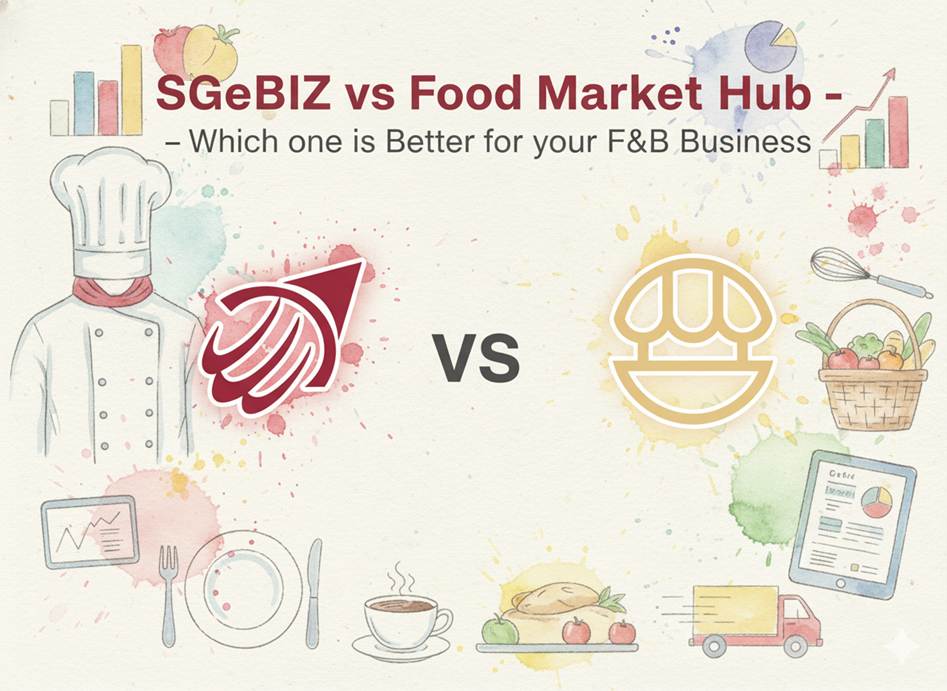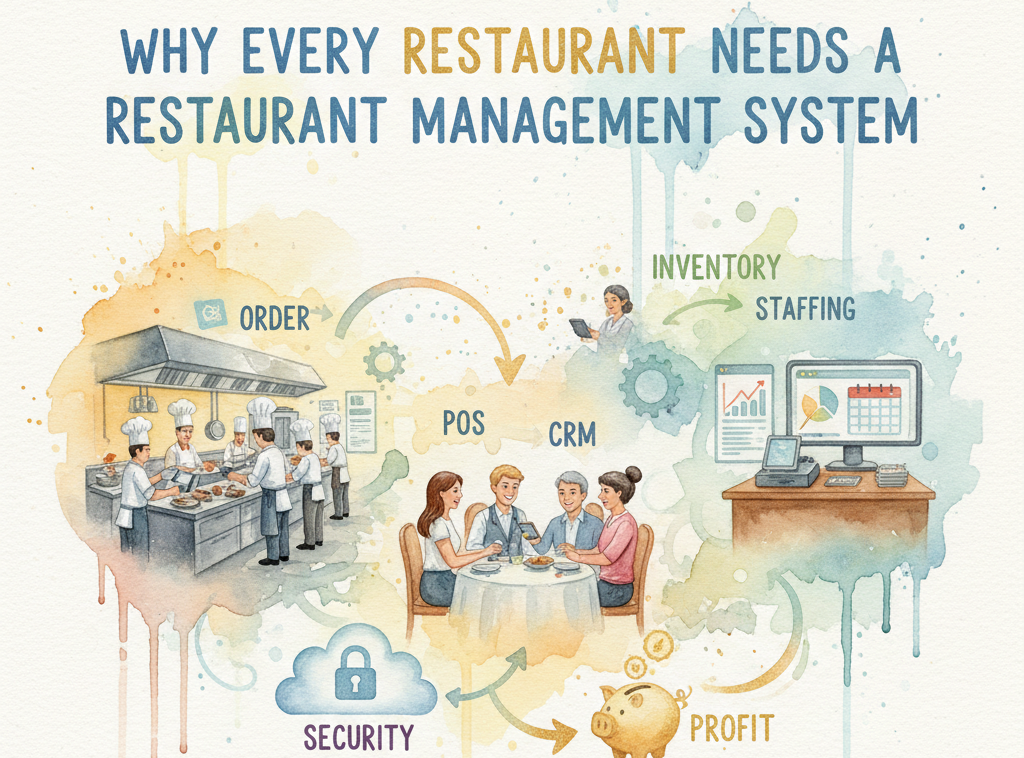Reducing Food Waste in Southeast Asia: How Food Market Hub Can Help Achieve Food Security Goals

Southeast Asia is home to a diverse range of countries, each facing unique food waste challenges. Despite being one of the world's major food-producing regions, a significant portion of the food produced ends up in landfills. This wastage occurs at various stages of the food supply chain, including production, transportation, storage, and consumption. Moreover, rapid urbanisation, changing lifestyles, and inadequate infrastructure further exacerbate the problem.
The growing concern of Food waste in Southeast Asia
According to the Food and Agriculture Organisation of the United Nations (FAO), approximately one-third of the food produced globally is lost or wasted. In Southeast Asia, it is estimated that the region wastes around 50 million metric tons of food each year.
- According to the Food and Agriculture Organisation of the United Nations (FAO), approximately one-third of the food produced globally is lost or wasted. In Southeast Asia, it is estimated that the region wastes around 50 million metric tons of food each year.
- In Singapore, a study by the National Environment Agency (NEA) revealed that the country generated approximately 744,000 tons of food waste in 2020. This amounts to about 11% of the total waste generated in the country.
- In Indonesia, the world's fourth most populous country, an estimated 23 million tons of food are wasted annually. This figure is particularly concerning considering Indonesia's commitment to achieving zero hunger by 2030.
- The lack of proper infrastructure for food storage and transportation is a significant contributor to food waste in Southeast Asia. Inadequate cold chain facilities in certain regions contribute to high post-harvest losses, ranging from 20% to 50% for perishable fruits and vegetables.
What is Food Security and what are Food Security Goals?
Food security refers to the state in which all people, at all times, have physical, social, and economic access to sufficient, safe, and nutritious food that meets their dietary needs and preferences for an active and healthy life. Reducing food waste plays a vital role in achieving food security goals in Southeast Asia. Here are some key points highlighting the importance of food waste reduction and its connection to the region's ambitious targets:
- Singapore's "30 by 30" Initiative: Singapore, a city-state with limited land for agriculture, has set a goal to produce 30% of its nutritional needs locally by 2030. By reducing food waste, the country can optimise its food production, minimise losses, and maximise the utilisation of available resources. This will contribute to the overall objective of enhancing food security and reducing reliance on food imports.
- Indonesia's Commitment to Zero Hunger: Indonesia, with its large population and diverse agricultural sector, has committed to achieving zero hunger by 2030. Addressing food waste is crucial to ensure that the food produced reaches those in need. By minimising losses throughout the food supply chain, Indonesia can enhance food availability, accessibility, and utilisation, thereby making significant progress toward its zero hunger goal.
- Khazanah's Investment in Food Security: Khazanah Nasional Berhad, Malaysia's sovereign wealth fund, has made a substantial investment of $6 billion in food security. This investment highlights the urgency and importance of securing the region's food supply. Reducing food waste is a key component of this initiative, as it can effectively increase the availability of food, improve market stability, and support sustainable agricultural practices
How is Food Market Hub Revolutionising Food Waste Reduction?
Food Market Hub (FMH) is an innovative technology-driven platform that empowers businesses in Southeast Asia to tackle food waste effectively. Leveraging artificial intelligence, machine learning, and data analytics, Food Market Hub provides a comprehensive solution to minimise food waste at every stage of the supply chain.
- Efficient Inventory Management: The platform enables businesses to optimise their inventory management, reducing overstocking and ensuring better rotation of perishable items. Real-time data analysis allows businesses to make informed decisions about purchasing, storage, and shelf life management, minimising the risk of spoilage and waste.
- Demand Forecasting: Accurate demand forecasting is critical to prevent overproduction and wastage. Food Market Hub's technology can analyse historical data, market trends, and external factors to predict demand patterns more accurately, helping businesses adjust their production and supply accordingly.
- Supply Chain Optimisation: The tool centralises the procurement process by digitising and automating the ordering system. It allows businesses to connect with their suppliers, and place orders directly through the platform. This streamlines the procurement process, improves communication, and ensures accurate and timely supply of ingredients, reducing delays and inefficiencies in the supply chain
Food waste poses a significant challenge to food security in Southeast Asia, but Food Market Hub's technology provides a promising solution. By leveraging artificial intelligence and data analytics, it enables businesses to tackle food waste at every stage of the supply chain, contributing to the achievement of food security goals in the region. As countries like Singapore, Indonesia, and others strive to meet their ambitious targets, the adoption of innovative technologies like Food Market Hub will be vital in creating a more sustainable and secure future for Southeast Asia's food system. Together, we can combat food waste, reduce hunger, and build a more resilient and prosperous region.










